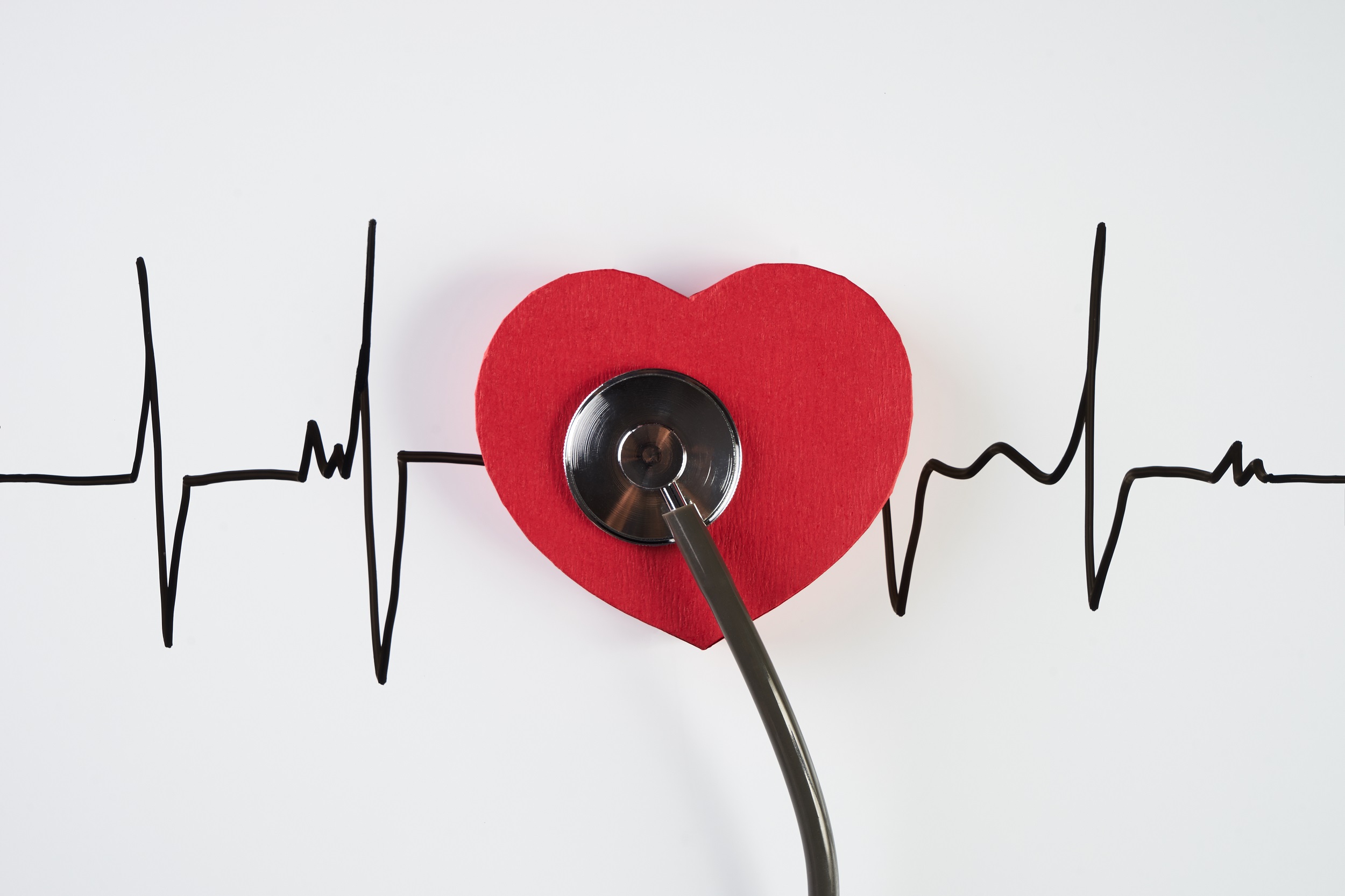We rarely feel our heart beat unless we have exercised heavily or have nearly missed bumping into someone on the road. This is normal. However, there are certain heart conditions that cause the rhythm of the heart to be abnormal. In a set of conditions known as arrhythmias, there is deviation from the normal pulse range.
What is arrhythmia?
Our heart beats due to the electrical impulses sent by the cells of heart muscles. When the cells send electrical impulses, the heart beats and pumps blood to various parts of the body. The heart’s conduction system consists of:
- SA node
- AV node
- Bundle of HIS
- Purkinje fibers
- Bundle branches
The SA node starts the sequence of heartbeats and triggers the atrial muscles to contract. After that, electric signals travel to the AV node and then to the bundle of HIS and then to the bundle branches. From the bundle branches, electric signals travel to the Purkinje branches causing the ventricles to contract.
In arrhythmia, there is irregular heartbeat. It can either cause fast heartbeat, or low pulse rate. In other cases, it causes heart palpitations, and a feeling that the heart skips a beat. This is because of the irregularities of the electrical conduction system of the heart.
When there is irregular heartbeat, it leads to improper pumping of blood through the circulatory system. This leads to improper function of vital organs like the lungs, brain, and others.
Types of Arrhythmia
- Atrial fibrillation
- Ventricular fibrillation
- Tachycardia (heart beating fast)
- Bradycardia (slow heart rate, low pulse rate)
- Premature contraction (premature atrial / ventricular/junction contractions)
- Atrial flutter
- Adams-Stokes disease
- Sick sinus syndrome
- Wolff-Parkinson-White syndrome
- Bundle branch block
- Heart block
There are other types of arrhythmias that affect the atria, ventricles, and junction. Arrhythmias lead to altered flow of blood and can even lead to sudden cardiac death, and other complications like:
Complications of arrhythmias
- Heart failure
- Stroke
- Alzheimer’s disease
- Arrhythmogenic shock
- Thromboembolism
Arrhythmia Symptoms
Arrhythmia symptoms vary as per the type of arrhythmia. In case of bradycardia (low pulse rate), the heartbeat is less than 60 beats per minute. In this condition, the patient experiences low blood pressure (hypotension). However, in the case of tachycardia (high heart rate), the heart beats more than 100 times a minute. In this condition, patients experience heart palpitations.
In general, arrhythmias cause symptoms like:
- Heart palpitations
- Dizziness
- Shortness of breath
- Heart skips a beat
- Chest discomfort
- Lightheadedness
- Fainting for unexplained reasons
- Angina symptoms
Caused due to congenital reasons, high blood pressure, smoking, diabetes, mental stress, thyroid disorders, consumptions of excess alcohol, and other reasons, arrhythmias might lead to heart failure, and sudden cardiac death. Know more about the diagnosis, and treatment options of arrhythmias here.











